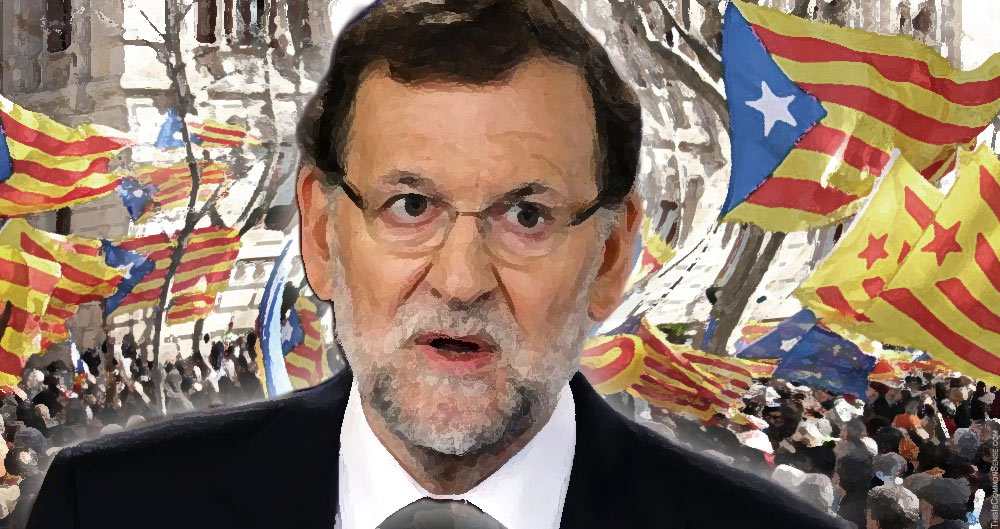An election can be a clarifying event.
So can the suppression of an election.
Over the weekend, more than two million Catalans, greater than 40 percent of those eligible, voted in a referendum on independence from Spain. To which Spain’s Prime Minister Mariano Rajoy declared, “There was no independence referendum in Catalonia today.”
Rajoy certainly tried to stop it.
Spanish authorities shut down referendum websites and sent hordes of national police into the region to seize ballots and forcibly prevent people from voting. News reports are full of those police using rubber bullets on crowds, smashing their way into polling places and roughing up people.
Nearly a thousand citizens of Catalonia were injured in various clashes.
While the referendum result was a lopsided 90 percent opting for independence, previous polling shows Catalans split on the question. Perhaps the suppression worked best with those opposed to separation from Spain, who seem to have stayed home.
Let the people have a fair vote and follow the result. Anything less suggests support for the unthinkable: holding the Catalans in Spain against their will.
Last week, Iraqi Kurds also held a referendum in which voters overwhelmingly favored separation — in this case from Iraq and for the formation of their own wholly independent nation. And, likewise, others, including the United States, tried to block the vote. Thankfully, not by force.
Yet. Turkey and Iran oppose an independent Kurdistan because they fear it will embolden demands by their own Kurdish populations for greater autonomy. Or independence.
In a world with respect for freedom, the principle is obvious: self-determination. Take it as far as you like.
Or even as far as Ludwig von Mises took it.*
This is Common Sense. I’m Paul Jacob.
* “The right of self-determination,” Mises wrote in Liberalism (1927), “in regard to the question of membership in a state thus means: whenever the inhabitants of a particular territory, whether it be a single village, a whole district, or a series of adjacent districts, make it known, by a freely conducted plebiscite, that they no longer wish to remain united to the state to which they belong at the time, but wish either to form an independent state or to attach themselves to some other state, their wishes are to be respected and complied with. This is the only feasible and effective way of preventing revolutions and civil and international wars.”
